Ms. Tran Anh Thu (Dai Tu district, Thai Nguyen province) asked: I heard that there is an epidemic of pink eye. Doctor, please tell me, is pink eye dangerous for children and what should be done to protect children's eyes?
Regarding this issue, on the website of the National Children's Hospital, Dr. Luu Thi Quynh Anh, Deputy Head of the Ophthalmology Department, shared: In just the past month, the Ophthalmology Department of the Hospital has received nearly 50 cases of acute conjunctivitis (also known as pink eye), of which 10-20% of children have severe complications such as: having pseudomembranes that need to be peeled off, corneal abrasions (corneal scratches). Acute conjunctivitis is an inflammation of the transparent white part of the eye (conjunctiva and eyelids), the disease often appears in spring and summer, and is easily spread into an epidemic. Conjunctivitis is often caused by viruses, 80% by adenovirus, but can also be caused by other causes such as herpes virus, chickenpox, poxvirus... Children get the disease through direct contact with secretions from the eyes, nose, mouth (direct contact with sick people, rubbing hands in the eyes, sharing personal items with sick people...).
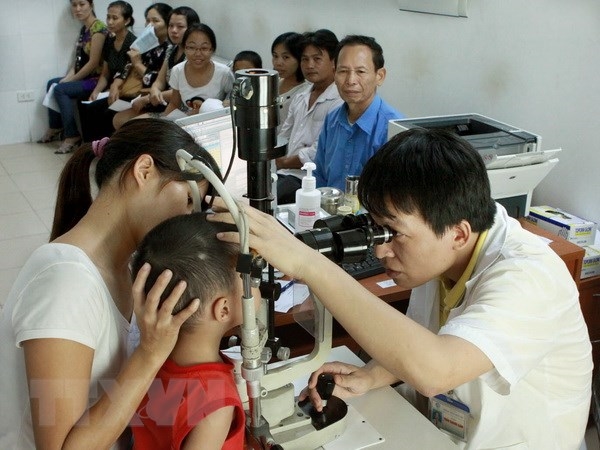 |
| Examination and treatment for patients with pink eye. |
The disease usually starts 3-7 days after exposure to the source of the disease, symptoms include conjunctival congestion (red eyes), watery eyes, eyes with a lot of discharge, rust (can be white rust, sticky secretions if the disease is caused by a virus, or can be green-yellow rust if caused by bacterial superinfection). In young children, it may be accompanied by symptoms of rhinitis, pharyngitis, respiratory tract infection, fever... The disease may appear pseudomembrane (a thin, white membrane covering the conjunctiva causing bleeding, making the disease take longer to heal or can damage the cornea), superficial punctate keratitis. In a few cases, there may be secondary infections causing complications of corneal ulcers, affecting the child's long-term vision.
To limit the spread of pink eye, do not rub your eyes, nose, or mouth. Wash your hands regularly with soap and hand sanitizer. If your eyes are watery, have a lot of eye discharge, use a tissue or medical cotton swab (used once) to clean them, then throw them in a covered trash can to avoid creating a source of infection for your family and those around you, disinfect your hands after cleaning your eyes. Do not use contact lenses when you have conjunctivitis. Use separate personal items such as: Food, drinks; basins, washcloths; blankets, pillows. Wear a mask when you have symptoms of coughing, sneezing... Clean tables, chairs, living and playing spaces for children with surface disinfectants. Limit contact in crowded places. Note, when children have symptoms such as red eyes, watery eyes, a lot of discharge, eye discharge, they need to be taken to eye examination facilities for timely treatment and handling of complications.
Health-related questions should be sent to the “Your Doctor” section, Economic -Social-Internal Affairs Editorial Department, People’s Army Newspaper, 8 Ly Nam De, Hang Ma, Hoan Kiem, Hanoi. Email: [email protected], [email protected]. Phone: 0243.8456735.
*Please visit the Health section to see related news and articles.
Source


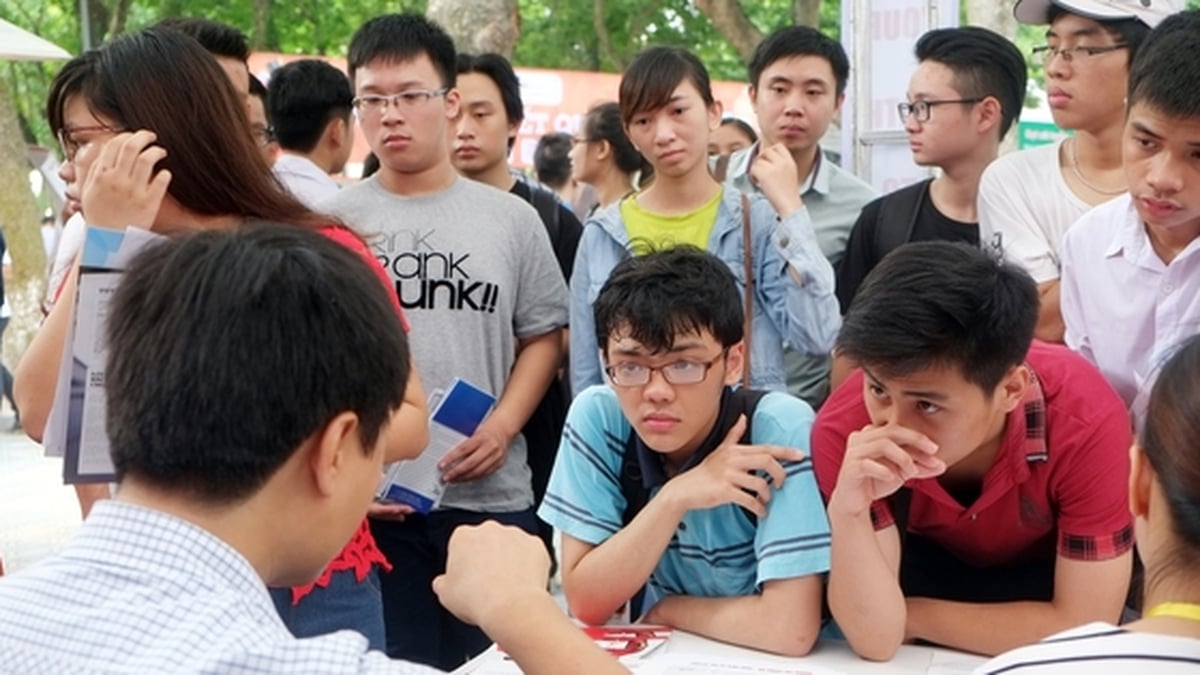

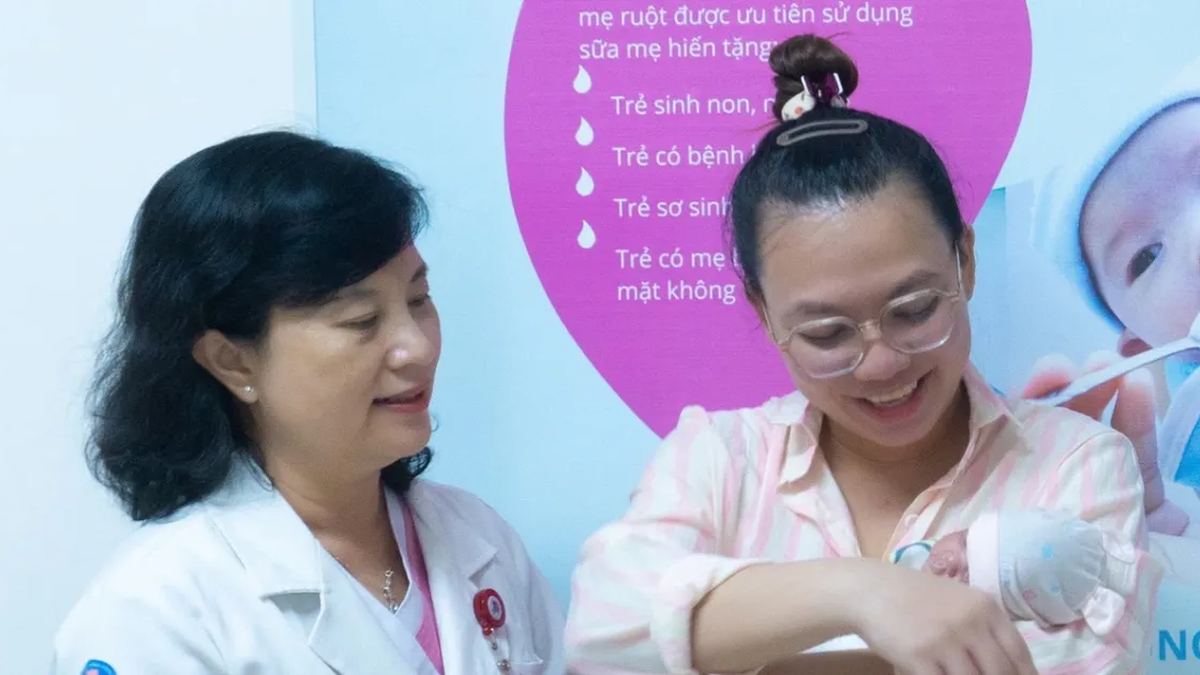

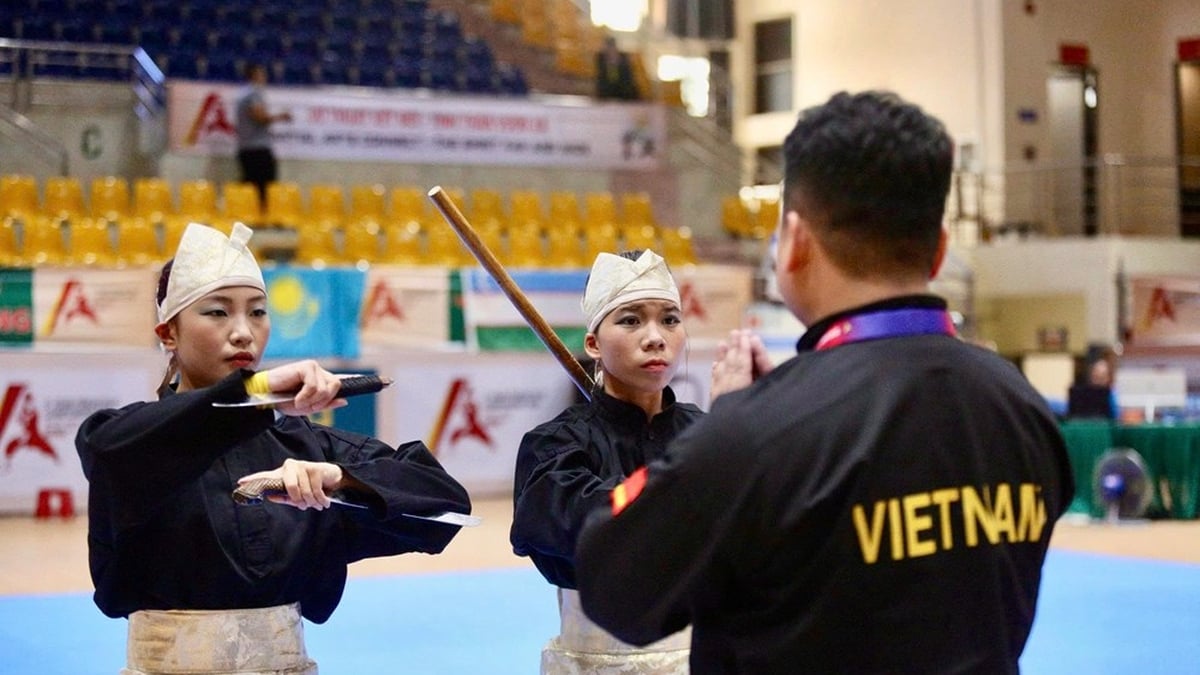


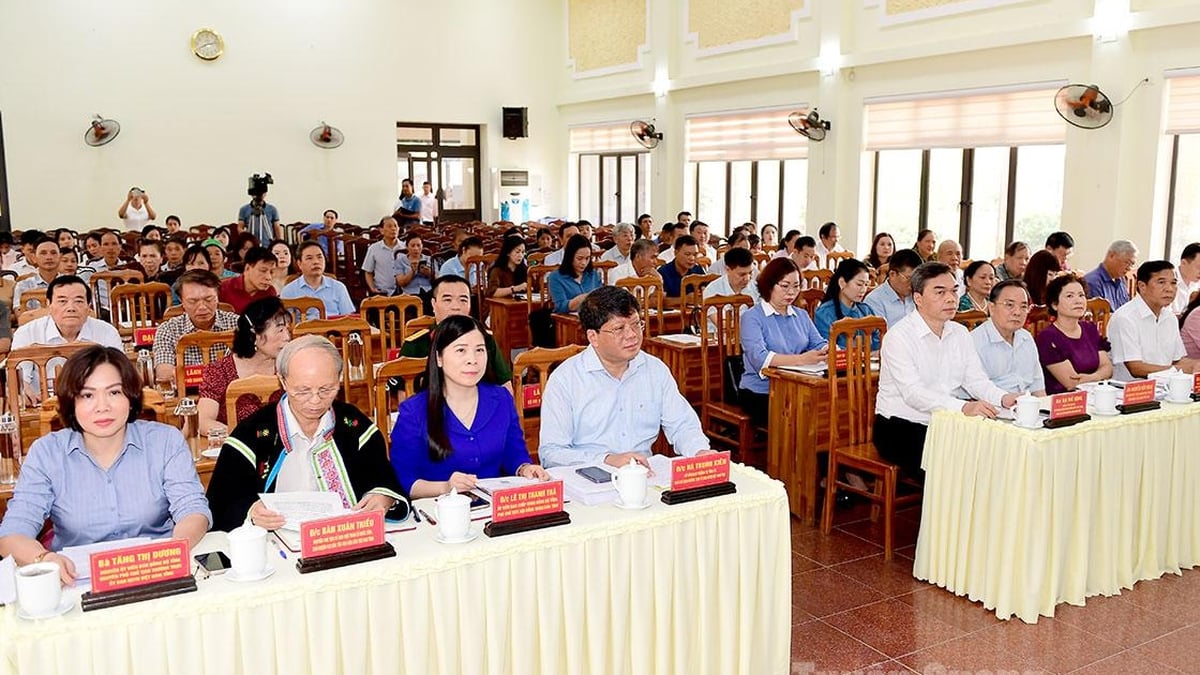

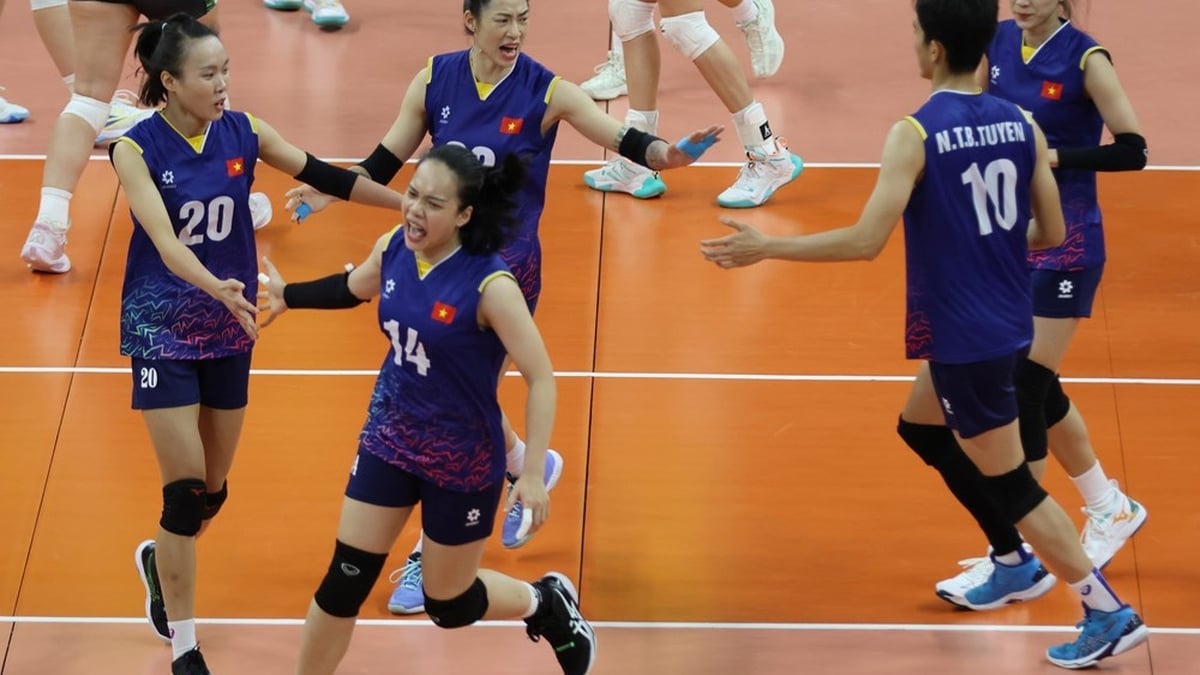











![[Photo] National Assembly Chairman attends the seminar "Building and operating an international financial center and recommendations for Vietnam"](https://vphoto.vietnam.vn/thumb/1200x675/vietnam/resource/IMAGE/2025/7/28/76393436936e457db31ec84433289f72)
























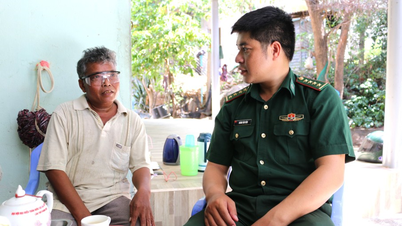






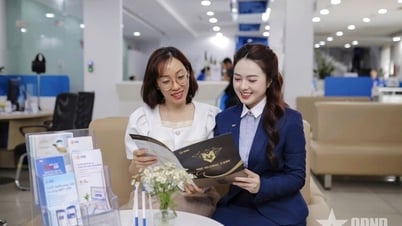











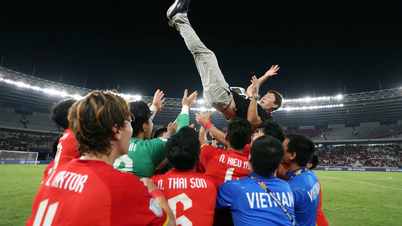






















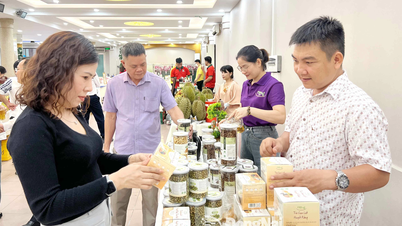





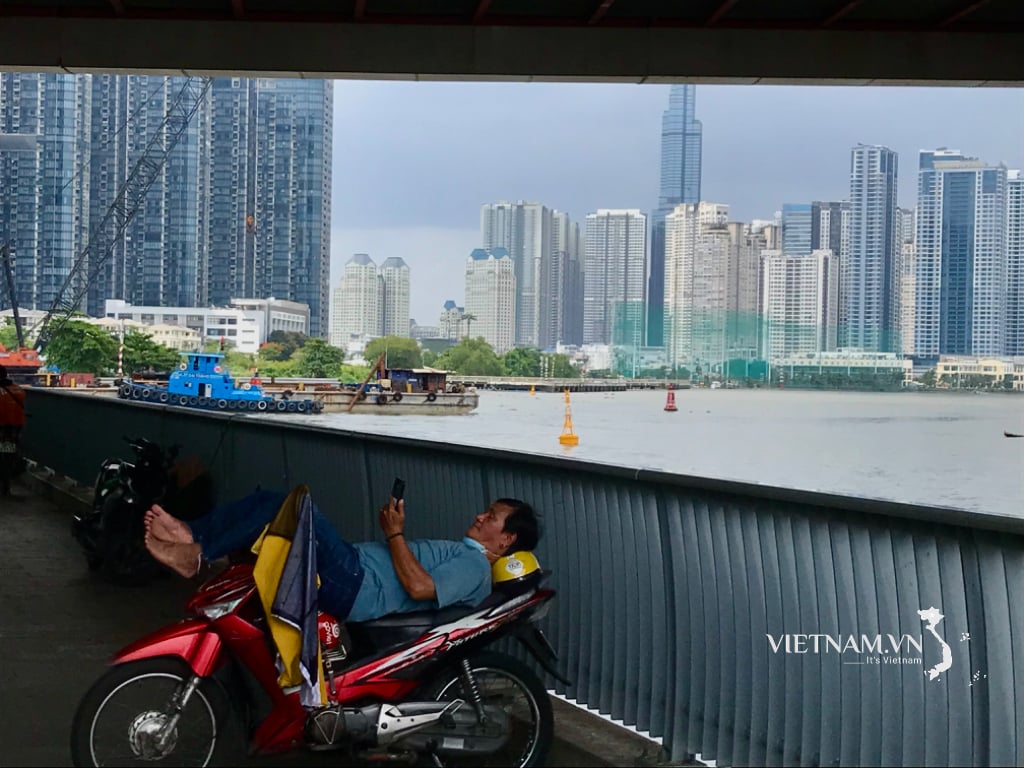
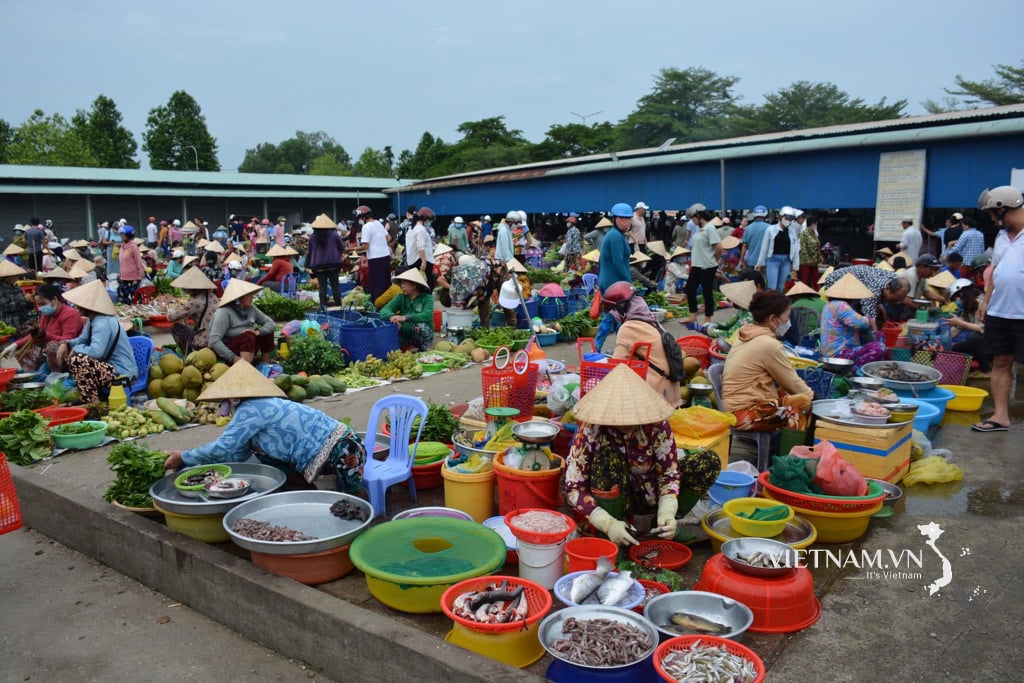


Comment (0)